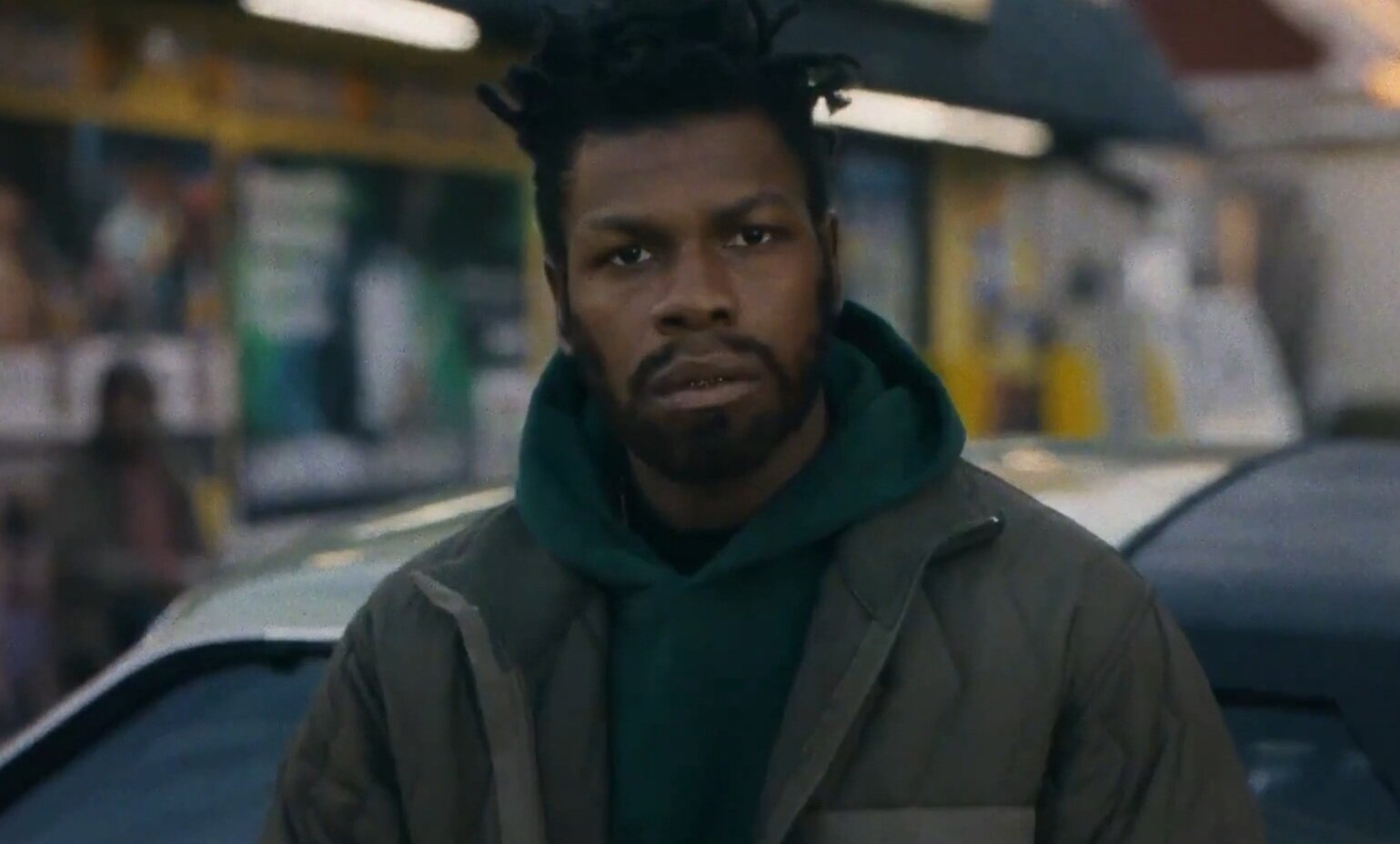The centerpiece of the film comes pretty much midway in the film when we are introduced to one of the major operatives behind this experiment, and the conspiracy that authorizes it, (which is also meant to be a stand-in for the American experience) recalling such films as “Undercover Brother”, “Get Out”, and “Black Dynamite”. In a wonderfully spirited performance, Kiefer Sutherland’s nameless character gives the characters a choice (which is really an ultimatum) die or run with the game, even as they know the score. When Sutherland is threatened by Yo-Yo he immediately shouts a word that instantly sends Fontaine into a trance where his body and mind now belong to Sutherland and he is force to act out anything that's Sutherland commands him to do. This is the most terrifying this movie gets. It is an evocation of the horror of possession, and invites parallels to Dracula, and zombification, in movies like “Sugar Hill” (1974) and in the case of possession “JD’s Revenge” (1976). It is through the visceral nature of watching Fontaine and Slick Charles eyes as they are commanded to either murder a friend or stand by and watch, each powerless to help his friend - that we the audience are transported to similar feelings and experiences of our own under the state. This is not real, and it is just distant enough and wild enough that it isn't traumatic or overbearing, but it simulates the experience well. Thing is though, they do have an actual choice and the recognition of this in the film begins the revolution. The pathos and poignancy of this film lies in this particular section when Fontaine grieving what he feels is a preordained life, resigns himself to his fate. Just after the big reveal of the entire operation Yo-Yo comes back to Fontaine’s place to galvanize him for a fight, but Fontaine wants no parts of it. Yo-Yo says “This sh** is bigger than you, it's bigger than me, it's your f***in home”. Fontaine's response is egregiously despondent, “Who gives a f***, this ain't no f***in community, it's just a bunch of broke-ass niggas with nowhere else to go”. Yo-Yo’s physical/hierarchal position vs her political position within this movie despite experiencing the exact same woes and some more-so than her male counterparts is a whole nother piece, but I digress. The key to this scene is that Fontaine's experience and his revelatory peek into his reality has in this moment dictated his perception of himself. His predicament is out of his control, so in his mind he might as well play it out and play it out he does, day in and day out. Again while the event /experience that causes this melancholia -as -living is outlandish, the actions themselves are the sad state of not only his reality but many of our own.





